Ep. 192 | The History of Chinese Philosophy (Part 9)
Laszlo emerges from the post-holiday festivities to finish off our History of Chinese Philosophy series, picking up from the last episode of the life and work of Wang Yangming. The differences between the two main schools of Neo-Confucianism is further discussed: the Lu-Wang School of the Mind (Xinxue) and the Cheng-Zhu School of Principle (Lixue).
We also saved philosopher Zou Yan and the Five Elements (Wuxing) for last. And that completes this nine-part set course meal in the History of Chinese Philosophy. If anything spoke to you, you’re now armed and ready to do as many deeper dives into all these schools of thought as your heart desires.
Listen On Your Favorite Podcast Player
Terms in Episode
| Pinyin/Term | Chinese | English/Meaning |
|---|---|---|
| Chéng Hào | 程颢 | One of the Five Founders of Neo-Confucianism, lived 1032-1085 |
| Chéng-Zhū School. | 程朱理学 | Also called Lixue, the school of Cheng Yi and Zhu Xi |
| Dà Xué | 大学 | The Great Learning, one of the Four Books |
| Dàodéjīng | 道德经 | The Classic of the Tao, also known as The Laozi or Tao Teh Ching |
| Féng Yǒulán | 冯友兰 | Lived 1895-1990, distinguished Chinese philosopher who did much to spread its popularity around the world |
| Fāngshì | 方士 | The old name for a necromancer or alchemist |
| Guìzhōu | 贵州 | Province in west-central China |
| Guō Xiàng | 郭象 | Influential Xuanxue thinker, died in 312 CE. His revision and commentary on the Zhuangzi is a masterwork. |
| Guǎn Zhòng | 管仲 | Great Chinese chancellor (to Duke Huan of Qi) and reformer extraordinaire. Lived 720-645 BCE |
| géwù | 格物 | "investigation of things", essentially book learning or learning by observation |
| Gě Hóng | 葛洪 | Lived 284-364 during Eastern Jin. China's most famous alchemist from ancient times. |
| Hànxué | 汉学 | The Study of the Han era learning |
| Hán Yù | 韩愈 | Literary great in China who had few peers. Lived 768-824. Also a great statesman |
| Jìxià Xué Gōng | 稷下学宫 | The Jìxià Academy located in Qi State |
| Jūnzǐ | 君子 | A gentleman, in the Confucian sense |
| Kǒngzǐ | 孔子 | Master Kong, Confucius |
| Liáng Zhī | 良知 | Innate knowledge.... |
| Liú Jǐn | 刘瑾 | Infamous Ming Dynasty eunuch. Lived from 1451-1510 |
| Lù Jiǔyuān | 陆九渊 | Song era philosopher, lived 1139 to 1193 |
| Lù Xiàngshān | 陆象山 | The Master of Xiàngshān, also known as Lu Jiuyuan |
| Lù-Wáng School | 陆王心学 | School of the Mind....or Xīnxué....This was the thought of Lù Jiǔyuān and Wáng Shǒurén |
| Lùnhéng | 论衡 | Published in 80 CE, contains critical essays written by Wang Chong. Needham called the work "Discourses Weighted in the Balance" |
| Lǐ | 理 | Inner essence or principle |
| Lǐ Aó | 李傲 | Tang era philosopher and literary figure. Not mentioned in the episode, he is the writer of the 来南录, the first travel diary of its kind. |
| Lǐ Jì | 礼记 | The Classic of Rites |
| Lǐxué School, | 理学 | The School of Lǐ, or Principle |
| Lǔshì Chūnqiū | 吕氏春秋 | Mr. Lü's Spring and Autumn Annals, a compendium of the philosophies of the Hundred Schools, compiled around 239 BCE under Lü Buwei's patronage |
| Mèngzǐ | 孟子 | Mencius - 372-289 BCE |
| Míng | 明朝 | Ming Dynasty 1368-1644 |
| Mòzǐ | 墨子 | He would have loved the song "All you need is love". Disagreed with Confucius. Lived 470-391 BCE |
| Qí State | 齐国 | One of the seven Warring States, located in Shandong |
| Qīng | 清朝 | The Qing Dynasty 1644-1911 |
| Shì | 士 | The knightly class. They formed the backbone of the Ru School |
| Sì Shū | 四书 | The Four Books |
| Sòng Xué | 宋学 | General term for Neo-Confucianism |
| Sīmǎ Tán | 司马谈 | Father of Sima Qian |
| Táiběi Yángmíngshān | 台北阳明山 | The Yangmingshan district in northern Taipei, named after you know who |
| Wáng Bì | 王弼 | Short-lived philosopher (226-249), wrote important commentaries on the Dao De Jing and Yi Jing. He was also a scholar of Xuanxue (see below) |
| Wáng Chōng | 王充 | Great Han era philosopher who lived around 27-100 |
| Wáng Shǒurén | 王守仁 | Neo-Confucian philosopher who lived 1472 to 1529. Better known perhaps as Wang Yangming |
| Wáng Yángmíng. | 王阳明 | Neo-Confucian philosopher who lived 1472 to 1529. Also known as Wang Souren |
| Wǔ Xíng | 五行 | Five Elements: Fire-Water-Wood-Metal-Soil, the Five Activities, the Five Agents and the Five Dynamic Interacting Forces |
| Xiàng Xiù | 向秀 | Lived 227-272. His writings on the Zhuangzi inspired Guo Xiang. One of the great scholars of his day |
| Xiāngkè | 相克 | The Mutual Conquest Series of the 5 Elements: wood conquers earth, metal conquers wood, fire conquers metal, water conquers fire, and earth conquers water |
| Xiāngshēng | 相生 | The Mutual Generation Series of the 5 Elements: wood produces fire, fire produces earth, earth produces metal, metal produces water, and water produces wood. |
| Xuánxué | 玄学 | Emerged during the 3rd to 6th centuries. Mysterious learning. Also called Neo-Daoism. Can also mean metaphysics among other definitions |
| Xúnzǐ | 荀子 | Great Confucian philsopher 313-238 BCE |
| Yuè Lìng | 月令 | The Monthly Commands |
| Yáng Zhū | 杨朱 | Philosopher who lived 440-360 who advised toseek pleasure whenever wherever |
| Yīn and Yáng | 阴阳 | Two two opposing forces that cause all change in the universe |
| yǎngshēng | 养生 | A sub-category of Dào Jiào (道教)....the Daoist religion.... it means to preserve or enhance your life |
| zhīxíng héyī | 知行合一 | Wang Yangming's theory of "the unity of knowledge and action" |
| Zhōng Yōng | 中庸 | The Doctrine of the Mean, one of the Four Books |
| Zhū Xī | 朱熹 | Confucian great, lived from 1130-1200 |
| Zōu Yǎn | 邹衍 | Zhou era figure. Needham called him the Father of Chinese Scientific Thought. Lived from 305 to 240 BCE |







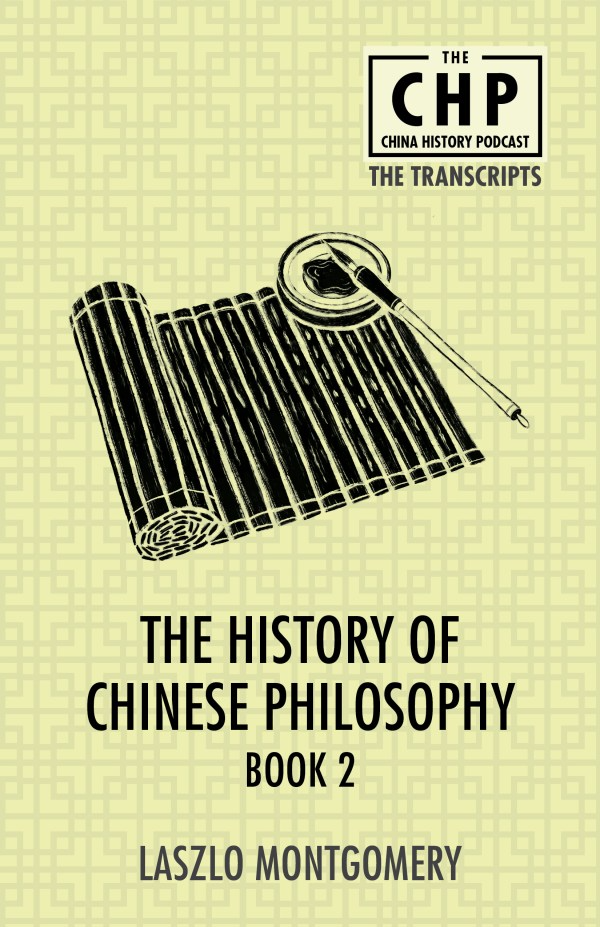
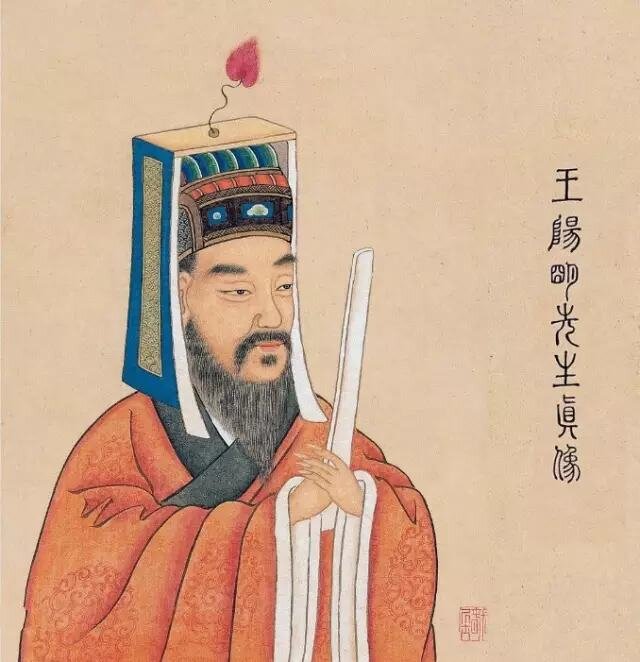
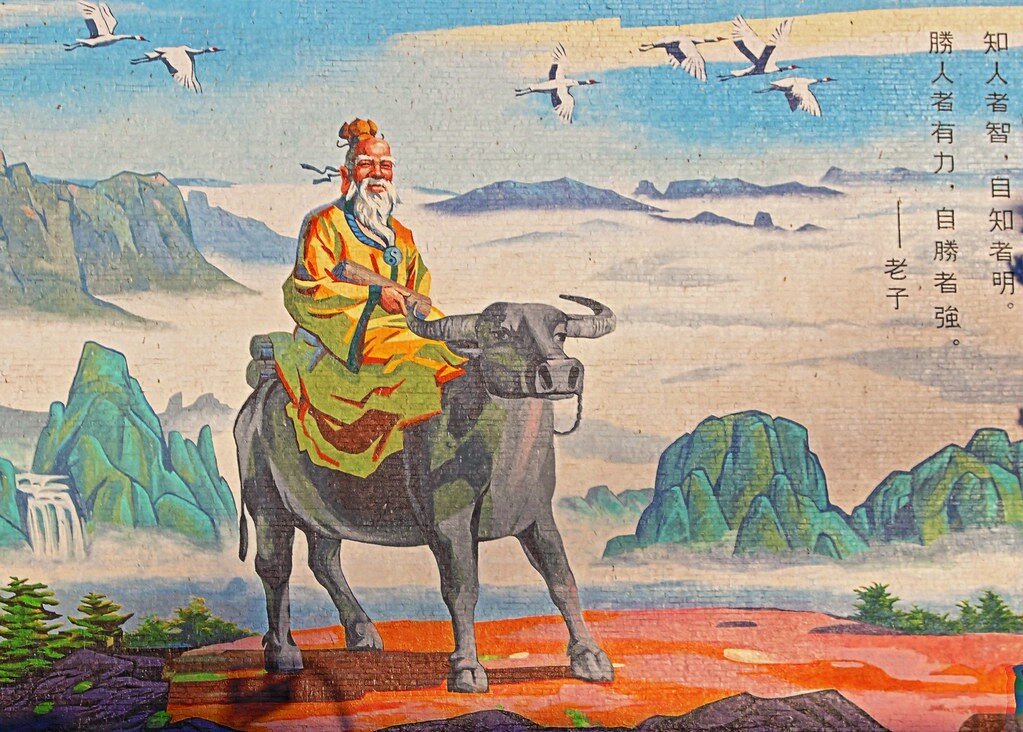
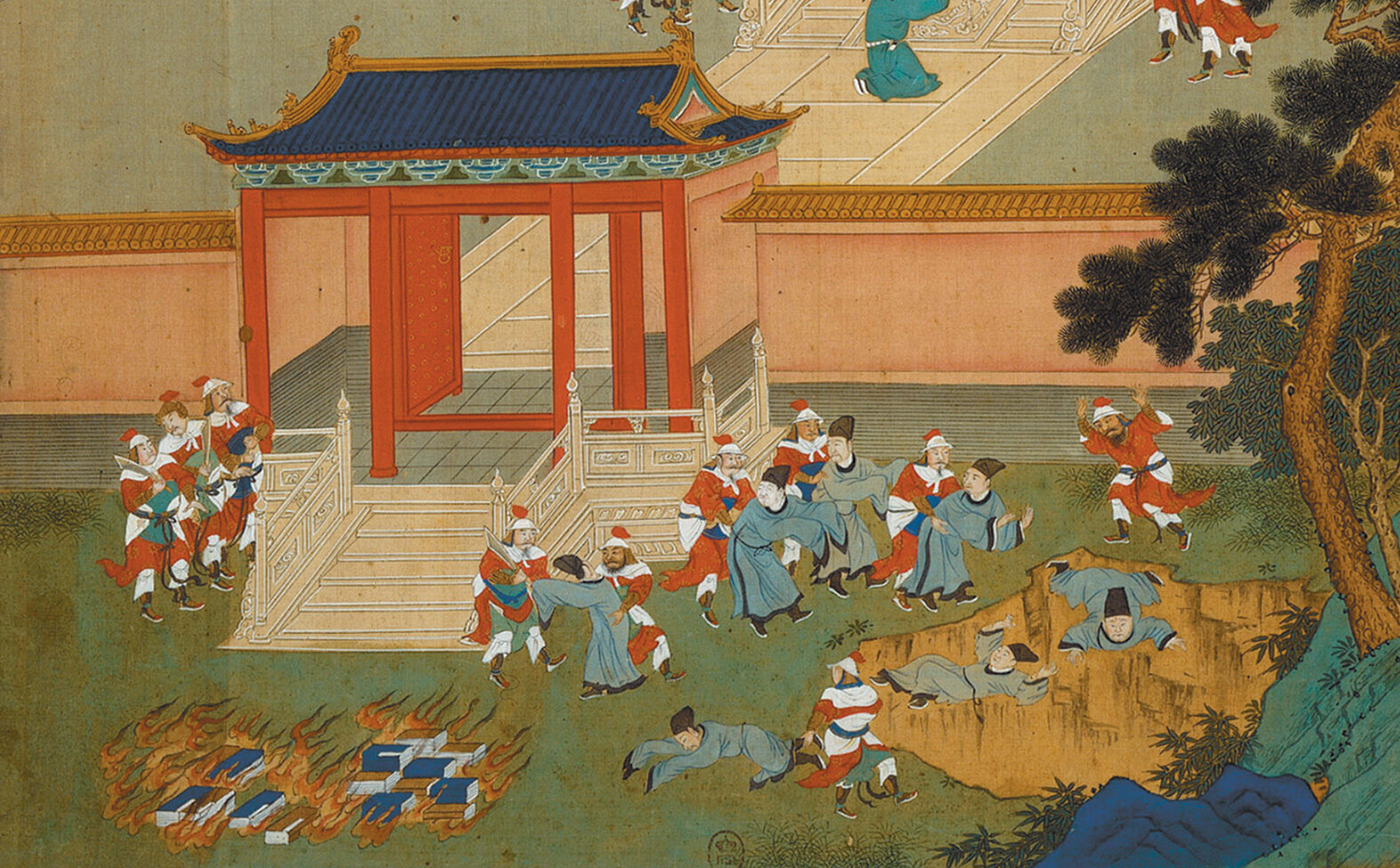

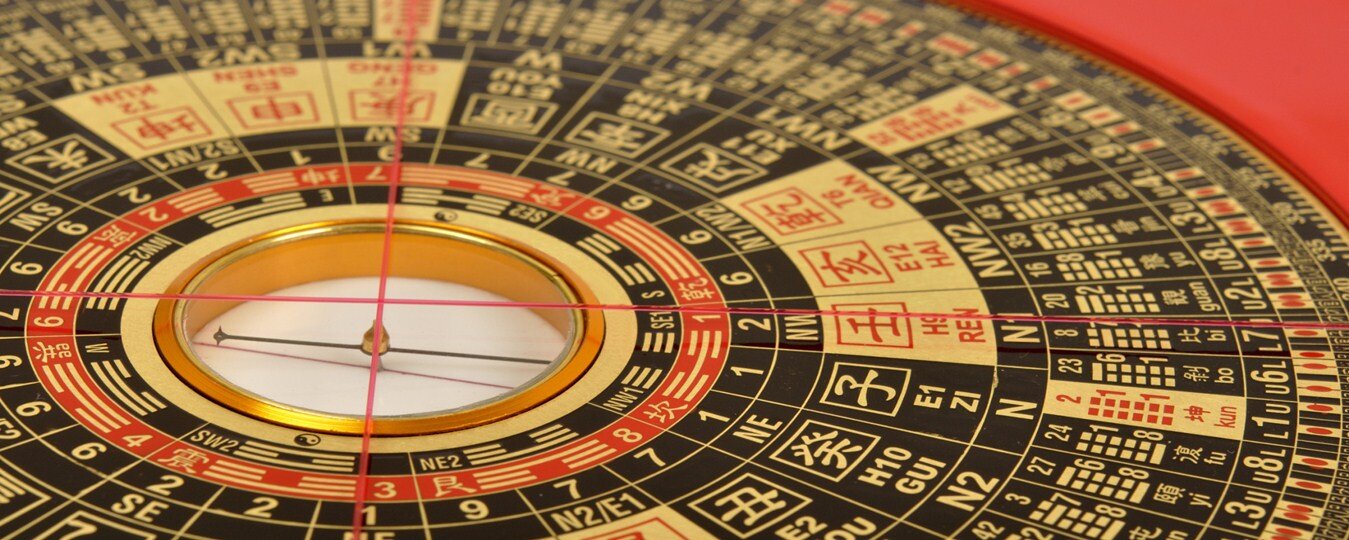
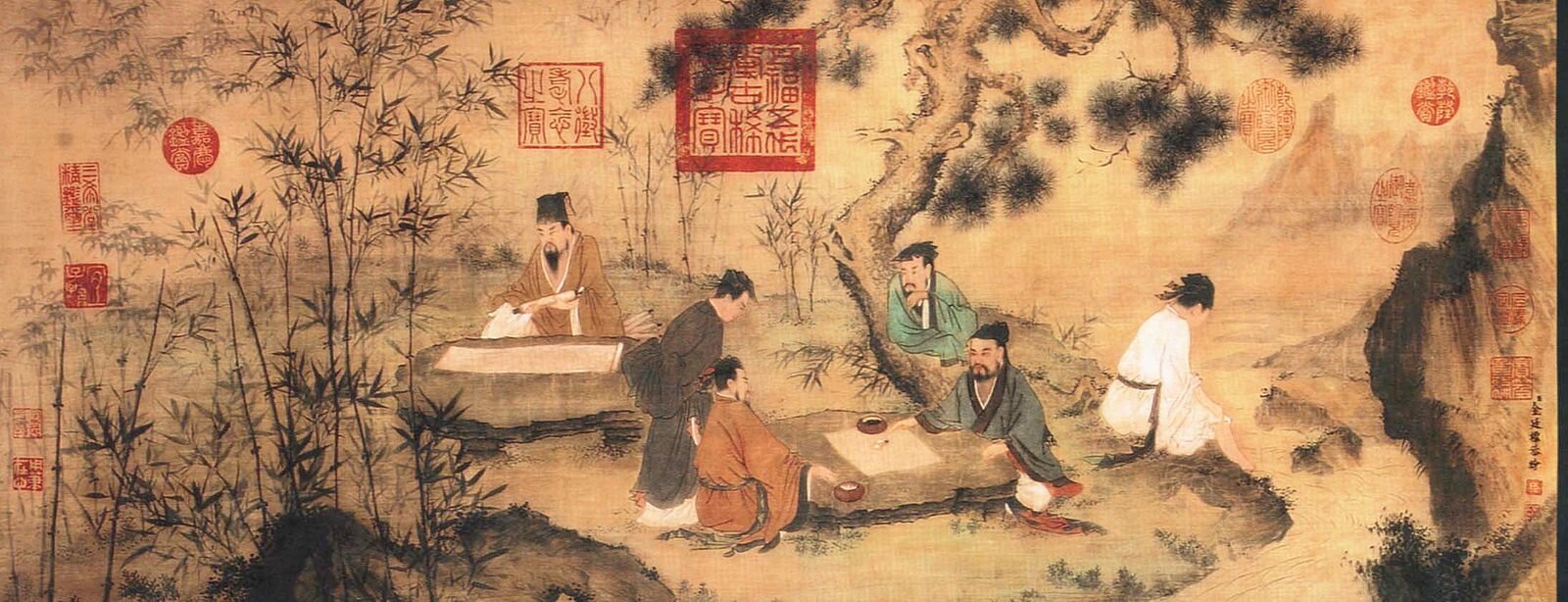
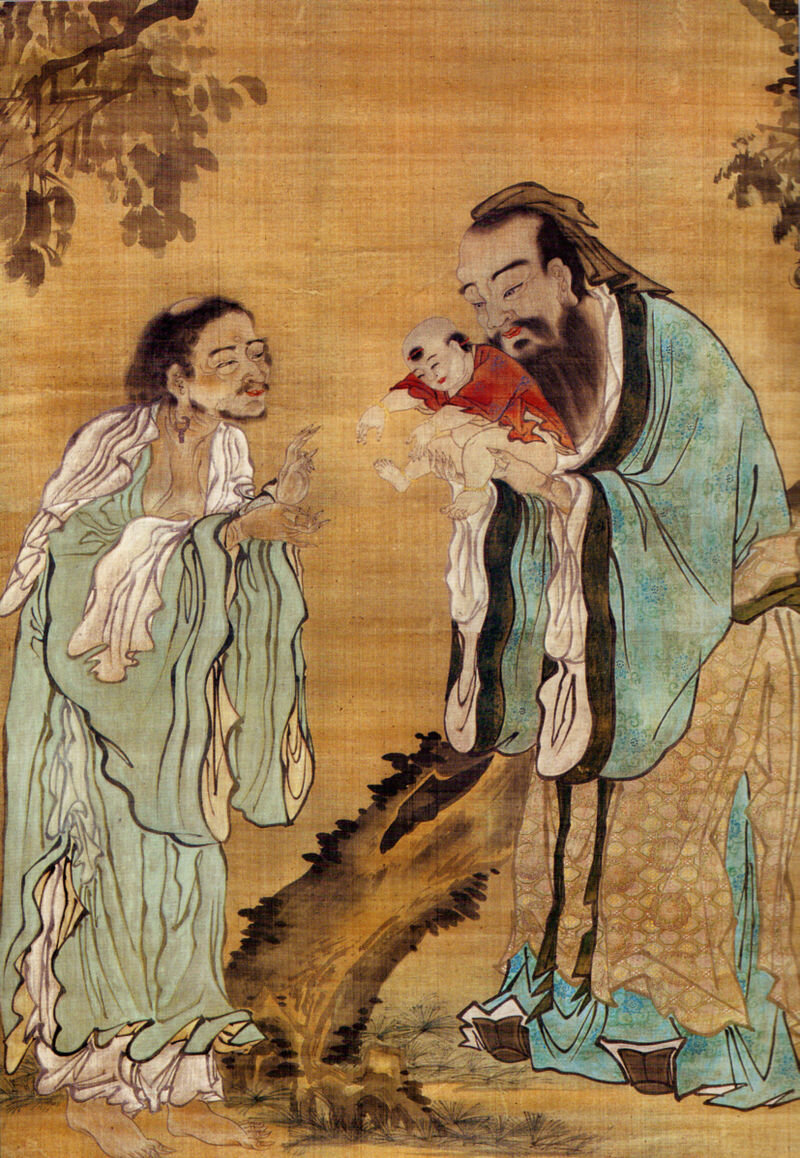
And here's the second part of the Daoism overview with a focus on Zhuangzi 庄子